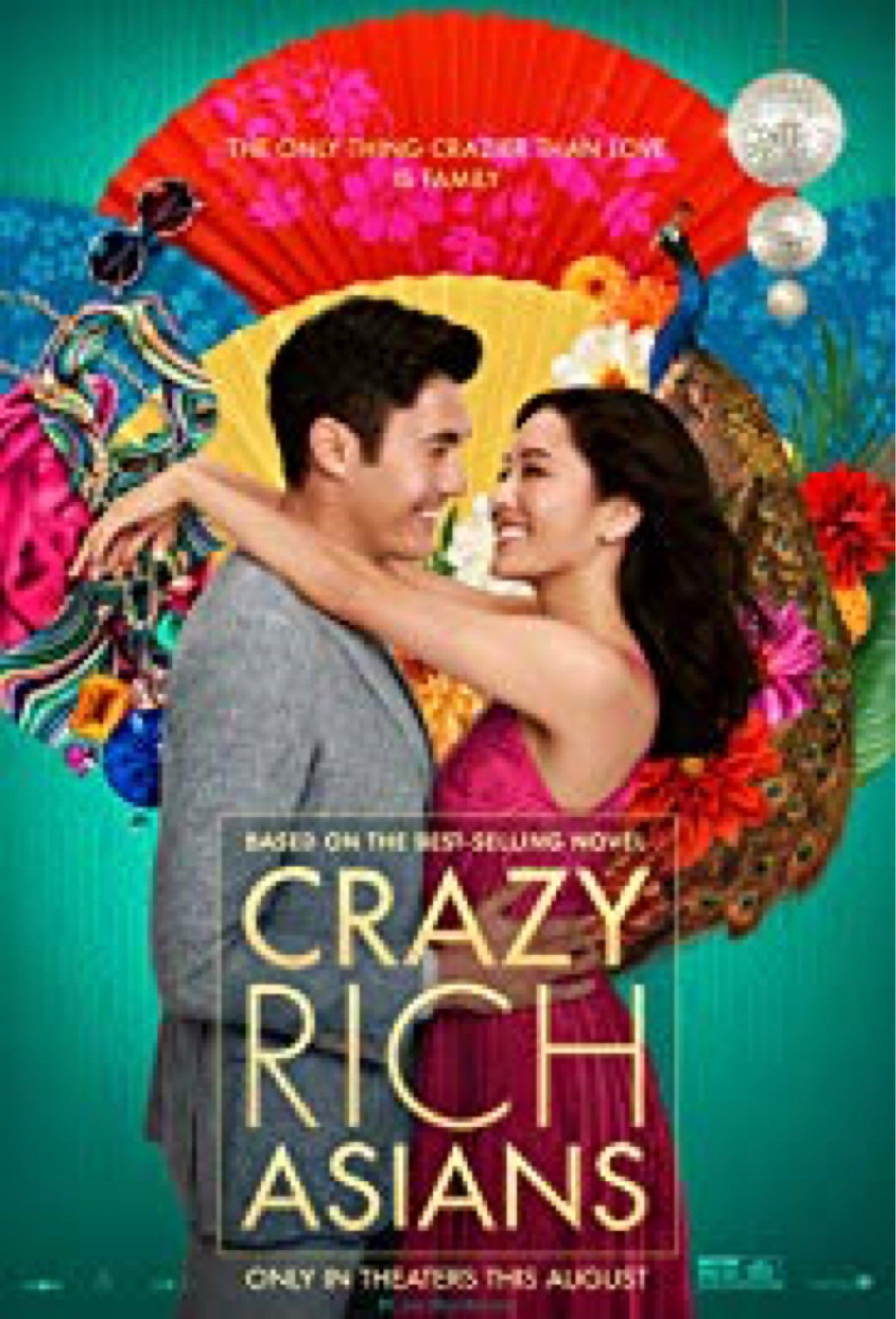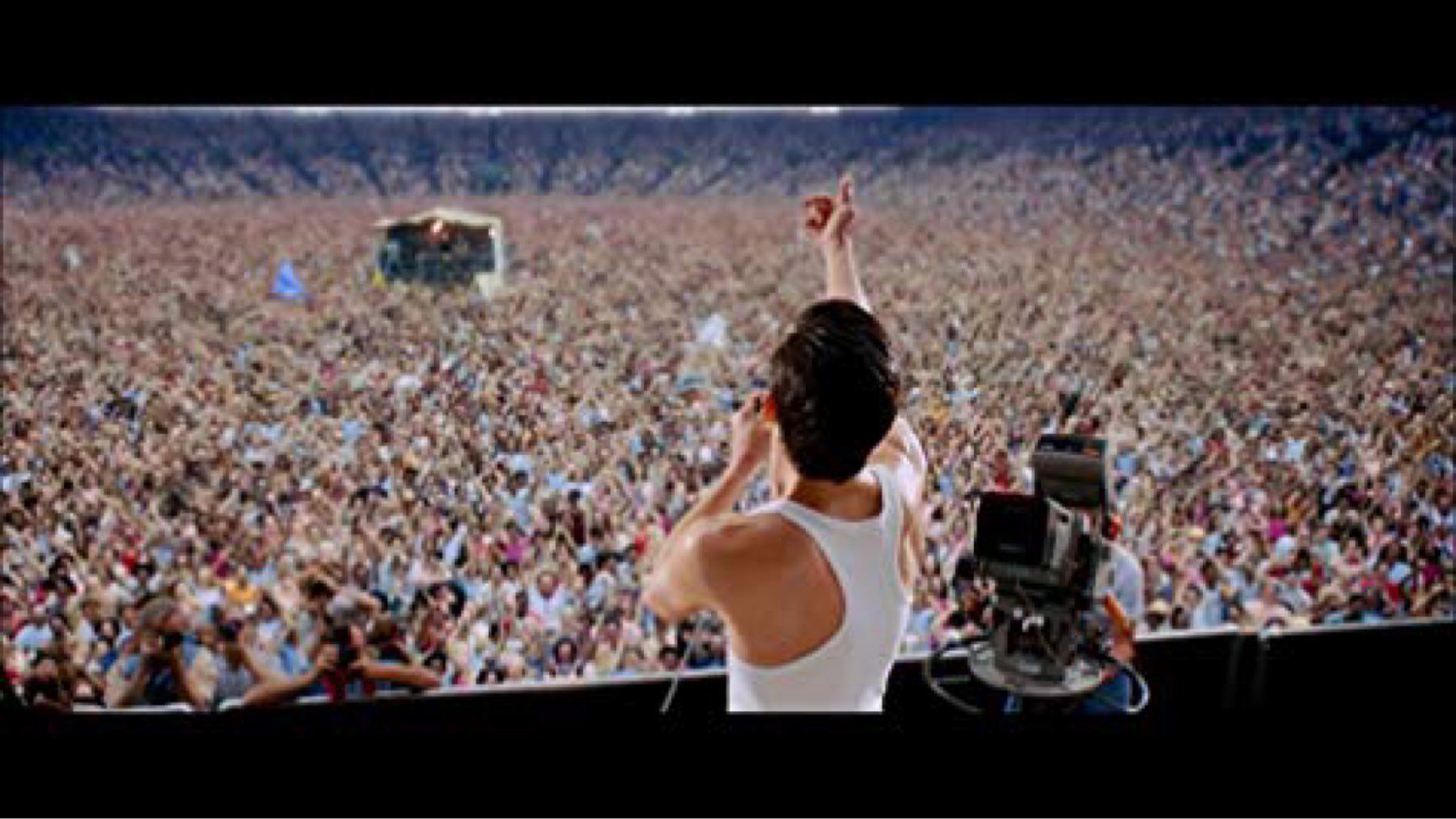Movies
This review of John Wick: Chapter 3 - Parabellum pretty much echoes my own feelings, especially this bit:
“But as masterfully executed as the action is, watching two-plus hours of mayhem without any palpable dramatic stakes, or nuance, or any emotion at all save bloodlust offers undeniably diminishing returns.”
Despite going into them with low expectations, I really liked the first movie, and especially the second, because as over-the-top as they were, there were pretty simple stories to follow, and Wick himself was sympathetic.
I found it much harder to understand the logic of Chapter 3, or to care much about the characters. There were a lot of good ideas, yet none of them seemed to add up to much. The action scenes were amazing, but without stakes, they started to feel gratuitous. Boring, even.
I’ll still be there if there’s a Chapter 4. If so, let’s hope the filmmakers can recapture the formula that made Chapter 2 so good: stakes + a clear goal + great action = a cracking good time.
🎬**Crazy Rich Asians (2018) - IMDb** Fun romcom with great characters and performances. We enjoyed this one from beginning to end.
Rating: 7/10

Bohemian Rhapsody (2018) - IMDb Great: Rami Malek’s performance, Queen’s music, and the excuse to watch a ton of Freddy Mercury videos on YouTube. (Dude could sing.) Meh: Predictable dialog and plot points. Feels like a biopic made from a checklist.
Rating: 6/10

Movie: Sherlock Holmes (2009) 🎬
 This movie is a curious beast. There's much to like: It's beautiful, a gorgeous and gritty recreation of London of the late 1800s. The script is clever. It's got plenty of action. It's got Robert Downey Jr. as Holmes, and the script retains enough of the character and qualities of the Sherlock Holmes stories to satisfy the casual fan of the legendary detective.
This movie is a curious beast. There's much to like: It's beautiful, a gorgeous and gritty recreation of London of the late 1800s. The script is clever. It's got plenty of action. It's got Robert Downey Jr. as Holmes, and the script retains enough of the character and qualities of the Sherlock Holmes stories to satisfy the casual fan of the legendary detective.
On the other hand... it's Sherlock Holmes as an action movie. Which is just... odd. It's a little bit Batman and Robin meets James Bond with some Indiana Jones supernatural sorcery plot lines thrown in for good measure.
The movie suffers from detachment. Having knocked the stodgy and clichéd vision of Holmes off its pedestal, the film never firmly roots him in a new milieu. We know we're supposed to be affected by the fact that Dr. Watson (Jude Law) is moving out of 221B Baker Street to get married (and presumably won't be accompanying Holmes on his adventures any more), but that tension is treated almost casually; Holmes doesn't seem truly moved by that upheaval in his life (nor does Watson), so why should we care? The chemistry between Law and Downey Jr. never quite gels. Some of the situations stretch credulity, such as when we see Holmes improvise his way into a disguise and manufacture a "chance encounter" with Irene Adler (Rachel McAdams) and her mysterious employer.
Yet, for all that, Sherlock Holmes is enjoyable and engaging, and I've certainly seen movies worse than this. It's a comic book movie (literally... based on a comic book treatment of Holmes), and that cuts both ways: the comic book sensibility carried out well (as it is here by director Guy Ritchie) makes for great escapism. But it also feels a bit hollow and superficial. We want more for Sir Arthur Conan Doyle's great detective than to see him reduced to being just another action-adventure hero.
(This post originally appeared on The Machine That Goes Ping.)
Movie: Moneyball 🎬
 So, I watched Rise of the Planet of the Apes the other night and I thought it was good. 3.5 out of 5 stars at least. Good story, decent acting, great effects. But as I watched it I was kind of thinking to myself that I'm tired of the modern action flick schtick. You know, where there's just this predictable cadence of violence and motion and effects stitched together with just enough story elements to make it appealing to a broad audience. I wanted to watch something that took its time and developed characters and situations I could genuinely invest in emotionally.
So, I watched Rise of the Planet of the Apes the other night and I thought it was good. 3.5 out of 5 stars at least. Good story, decent acting, great effects. But as I watched it I was kind of thinking to myself that I'm tired of the modern action flick schtick. You know, where there's just this predictable cadence of violence and motion and effects stitched together with just enough story elements to make it appealing to a broad audience. I wanted to watch something that took its time and developed characters and situations I could genuinely invest in emotionally.
Moneyball, surprisingly, is exactly that movie.
I say surprisingly mostly because I read the first couple of chapters of Michael Lewis's book of the same name, about Oakland A's general manager Billy Beane and his attempt to change the way baseball players are recruited with the help of Peter Brand, a young economist from Yale. The book is very well written, and I'm looking forward to finishing it... but it's not a movie. What's surprising is that writers Stan Chervin (story), Steven Zaillian, and Aaron Sorkin (screenplay) turned the raw material of Lewis's non-fiction book into an engrossing, touching, and inspiring film. The best film about baseball at least since Bull Durham, but also plain and simply an excellent film.
Director Bennett Miller and Director of Photography Wally Pfister create a palpable sense of being in the back rooms of baseball, of being present with Beane as he struggles to chip away at baseball's long-held traditions. The movie's pacing is perfect, and the acting is outstanding. Jonah Hill and Brad Pitt, in particular, deliver first-rate performances.
You don't have to love baseball to like this movie. Watch it to see the craft of filmmaking at its best. And, if you need a little inspiration – if you like seeing a risk-taker, an innovator, take on the status quo and make a dent in the universe – you'll be richly rewarded by spending a couple hours watching Moneyball.
(This post originally appeared on The Machine That Goes Ping.)